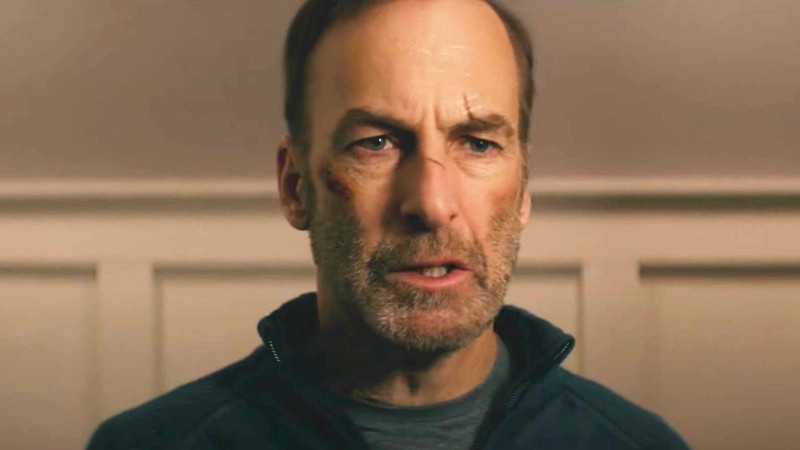
We have yet to really return to normalcy following a worldwide pandemic that uprooted millions of lives. That being said, we’re getting closer. Concerts are back on the menu, television shows are resuming production, and movie theaters are open for business. After low-budget cinema dominated last year, we’re finally seeing blockbuster releases. Black Widow, A Quiet Place Part II, and F9 have finally seen the light of day after frustrating but necessary delays.
Still, even after the release of some of the most anticipated action movies of the year, artsy movies continue to dominate when it comes to sheer quality. Outside of a few lazy cash grabs, the box office champions actually have been fairly well-received. At the same time, they mostly failed to provide anything beyond a quick endorphin rush.
Regardless of the lack of top-notch genre films, the best motion pictures of the year remain varied. In the list below, you’ll find a solid mix of comedy, horror, and social commentary. There’s no guarantee that the entries will consistently land for everyone, but there should be a wide enough assortment to keep readers satiated.
Before reading the list, there are a couple things to keep in mind. First, this list was finalized prior to the release of several critically acclaimed releases. Most of the late-summer favorites have been excluded so that the list didn’t have to be dramatically restructured at the last minute. Second, first-quarter release dates are somewhat foggy due to the ever-changing film distribution methods. Qualifying films were released in North America digitally or theatrically this year. Film festival debuts will not be counted as official release dates.
1. Quo vadis, Aida?
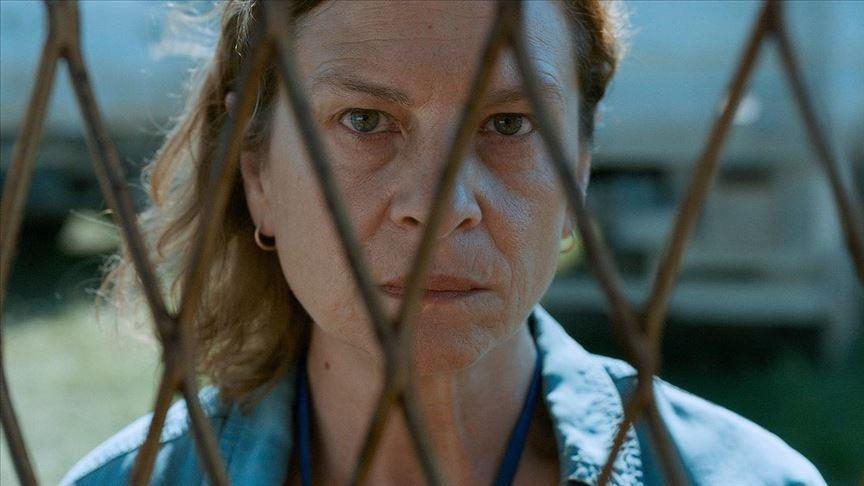
Roughly twenty-six years ago, thousands of Bosniaks were killed under the command of Ratko Mladić. This was known as the Srebrenica massacre, and it’s considered one of the worst mass killings on European soil. Even though its role in history is undeniable, it took over two decades for a filmmaker to accurately capture the gravity of the event.
With Quo vadis, Aida?, Jasmila Žbanić has delivered the most compelling movie of 2021. Given the subject matter, it’s obviously a devastating movie to sit through, but that’s the intended effect. Viewers should feel uncomfortable considering the fact that this was a gruelling experience for everyone involved.
The film primarily focuses on the events leading up to the genocide. Specifically, it focuses on a fictional family comprised of a translator, her husband, and her sons. While she learns important information about the harmful foreign affairs, she must also keep people sane by softening each and every blow. Throughout the film, you’ll see her lie about the severity of the issues, but she’s panicking just as much as everyone else. Her family is at risk, and she’s well aware of that. Her crumbling mental health eventually becomes the central focus.
On the one hand, it can be hard to sit through; on the other, it’s appropriately grim considering the subject matter. It goes beyond accuracy and emotional impact though. Quo vadis, Aida? is simply a well-made movie. It has everything you would want in a war drama, and in some cases, it even rises above the highest expectations. It’s not exactly feel-good entertainment, but it serves its purpose.
2. Judas and the Black Messiah
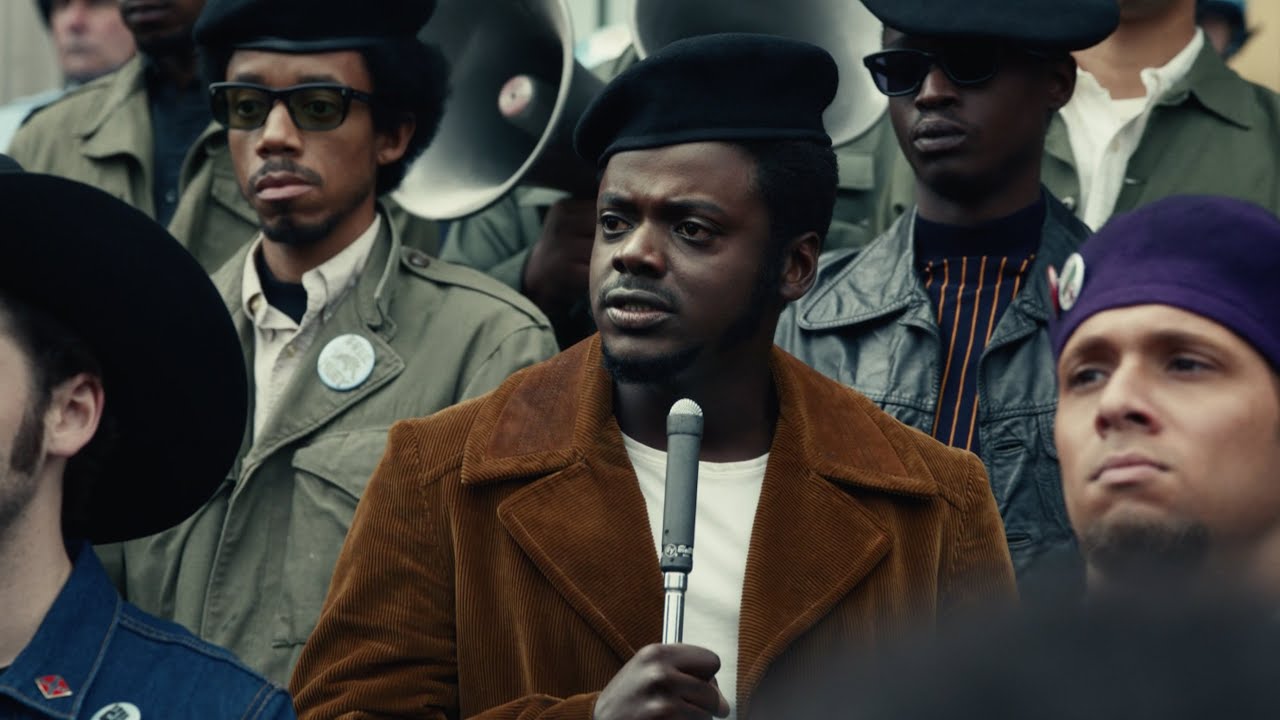
In 1967, the FBI labeled Frederick Allen Hampton, the chairman of the Illinois Black Panther Party, a radical threat. Two years later, he was gunned down in his apartment at the age of 21. Shortly after his assassination, this was ruled a justifiable homicide. As time passed, more information began to surface regarding Hampton’s death. Now, over fifty years later, we finally have a film that does justice to the controversial figure’s story.
Like most biographical films, Judas and the Black Messiah takes its share of liberties. Will Berson and Shaka King fill in some blanks and add some melodrama, but overall, they successfully bring all of the tragedy to the screen. They unravel the necessary information in a way that’s simultaneously engaging and maddening. After nearly two hours of twist-filled political intrigue, in comes the justifiably rage-inducing finale to cap everything off.
With all of that out of the way, it’s important to remember that a quality script can only do so much. Casting should be up to par as well, especially when it comes to a biopic like this. People want to see an actor who can really step into the shoes of the central subject. Daniel Kaluuya is the Fred Hampton we deserve. He disappears into the role with relative ease.
The Oscars recognized this when they handed him the Oscar back in April. They weren’t alone either. Judas and the Black Messiah was inundated with awards and nominations shortly after it debuted in February. Say what you will about awards, but this time around, the recognition was necessary.
3. Shiva Baby
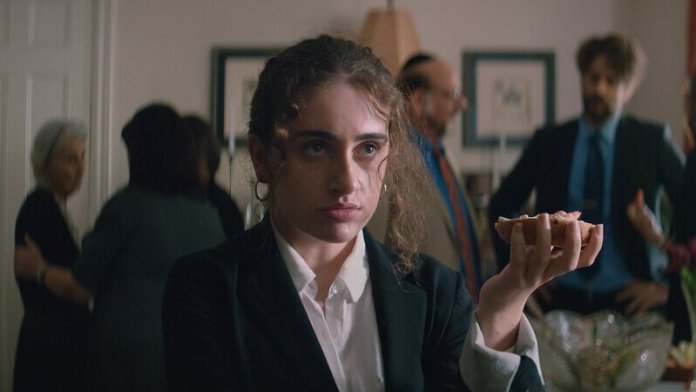
If you were forced to categorize Shiva Baby as one genre, you’d probably call it a comedy. The premise, which involves a woman running into her sugar daddy at a funeral service, certainly sounds funny. In a lot of cases, it actually is laugh-out-loud funny, but it still feels wrong to put it in the same category as something like Superbad or Bridesmaids.
If the Golden Globes have taught us anything, it’s that genres can be hard to pinpoint. In a lot of ways, these simple labels are just too reductive. When you call The Martian a comedy, people go into that movie with a set of expectations. That’s frustrating because a lot of films go beyond one specific genre. This is especially true of Shiva Baby.
There are absolutely comedic elements in Emma Seligman’s film, but there are also elements of drama, romance, and outright horror. Those horror elements stand out more than anything else. Shiva Baby isn’t going to give people nightmares or anything, but it’s edited in a way that makes it consistently uncomfortable to sit through. Obviously, that’s the intended effect, but if you don’t like squirming in your seat, you may want to sit this one out.
Thanks to the unconventional combination of genres and styles, Shiva Baby is a one-of-a-kind motion picture. In-between laughs, it will leave you feeling positively rattled. This leads to a cinematic experience unlike any other.
4. The Killing of Two Lovers
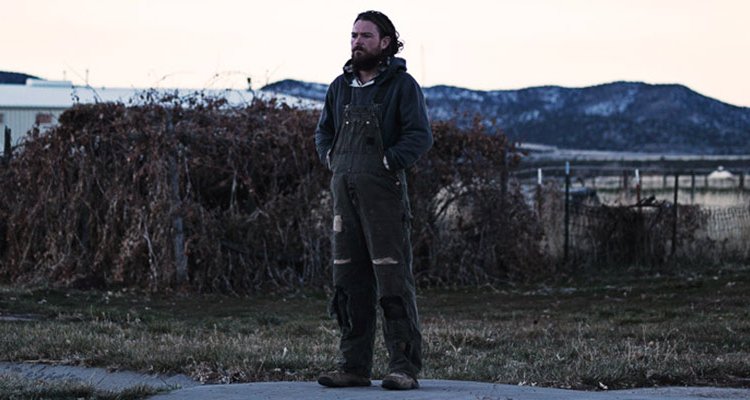
The Killing of Two Lovers makes a strong first impression. Within the first five minutes, viewers are presented with a shot of a man pointing a gun at a sleeping couple. There is no exposition prior to this scene, so the audience must draw conclusions based on the limited information available. It’s easy to make assumptions based on the title, but things aren’t as straightforward as they initially appear.
Following that scene, viewers are thrown headfirst into a tense marriage drama that will have most people on edge until the very end. Every scene is more uncomfortable than the scene before. For nearly ninety straight minutes, Clayne Crawford has an inescapable grip on the audience; the momentum never dies down.
This is particularly impressive because The Killing of Two Lovers isn’t fast-paced in the traditional sense. The plot unravels itself slowly because the time frame is relatively modest. In spite of this, there’s a magnetic quality attached to just about everything that happens on-screen. It all seems so simple, but if you let your guard down, it will knock the wind right out of you.
5. Rose Plays Julie
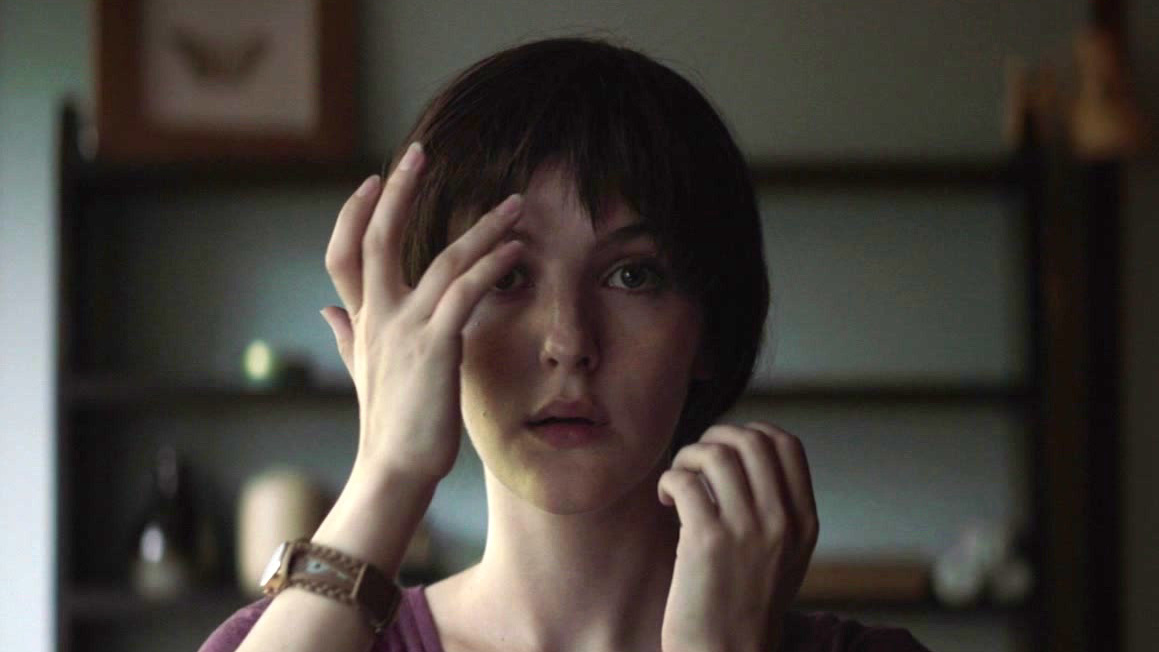
The #MeToo movement has had a profound effect on the world. Hundreds of high-profile individuals faced accusations of sexual assault starting in 2017. Once the movement began to gain traction, women felt solidarity, which allowed them to speak up about traumatic experiences they faced. It has been roughly four years since Harvey Weinstein was exposed, and since that day, people continue to come forward about powerful people abusing their statuses.
The true stories continue to hit the hardest, but the movement also convinced people to use their storytelling abilities to weave complex fictional tales that draw attention to the movement. Filmmakers have been using their preferred storytelling medium to draw attention to the ongoing crisis. Critics have begun to label certain films #MeToo movies. In other words, the movement led to an entire subgenre. In the right hands, these films can be devastating in all the right ways.
Rose Plays Julie is an example of a #MeToo movie, and it’s certainly in the right hands. Co-directors Joe Lawlor and Christine Molloy have crafted an unnerving psychological drama about a young woman who uncovers information about her mysterious biological parents. Considering the opening paragraphs, it’s easy to make assumptions about what that information is, but we’ll leave some things open to the imagination in order to avoid significant spoilers.
Thankfully, it’s not a spoiler to say that Rose Plays Julie is a triumph in every sense of the word. Considering the recent popularity of #MeToo inspired movies, this could have easily been a run-of-the-mill copycat. Instead, it’s a hair-raising psychological thriller that refuses to sugar-coat its disturbing content.
6. Little Fish

Little Fish is the most refreshing and ambitious science fiction movie of the year so far. Sure, it eventually has to duke it out with Dune and Eternals, but for the time being, this is the reigning champion. Considering the frequent regurgitation of ideas within the genre, it’s nice to see something that approaches familiar topics in unique ways.
The film revolves around a virus that wipes people’s memories. Sometimes the memory loss is instantaneous; sometimes it’s more of a gradual process. Regardless of the circumstances, those affected by the virus cannot be cured. Once it hits you, it sticks with you.
The film focuses on one couple facing the effects of the virus. Oftentimes, films like this choose to focus on the widespread effects of some fictional disease. Viewers are frequently given the big picture, and while that can be gripping, it’s refreshing to see something with a narrower focus. Little Fish is far more intimate than something like Contagion because it gives us a peek into the lives of only two individuals.
Character development takes precedence over everything else, and because the characters are fleshed-out, it’s hard not to get invested. Olivia Cooke and Jack O’Connell give career-defining performances that add additional spark to a fascinating story. By the time the credits roll, you will sympathize with these characters because you were able to watch them develop.
Although the idea for Little Fish came before the pandemic hit, it’s still somewhat serendipitous to watch the story play out while a deadly disease continues to run rampant. Viewers are liable to put themselves in the protagonists’ shoes. Although we are not facing a memory-erasing virus, we are still facing a similar conflict. That’s why Little Fish matters in 2021.
7. Zola
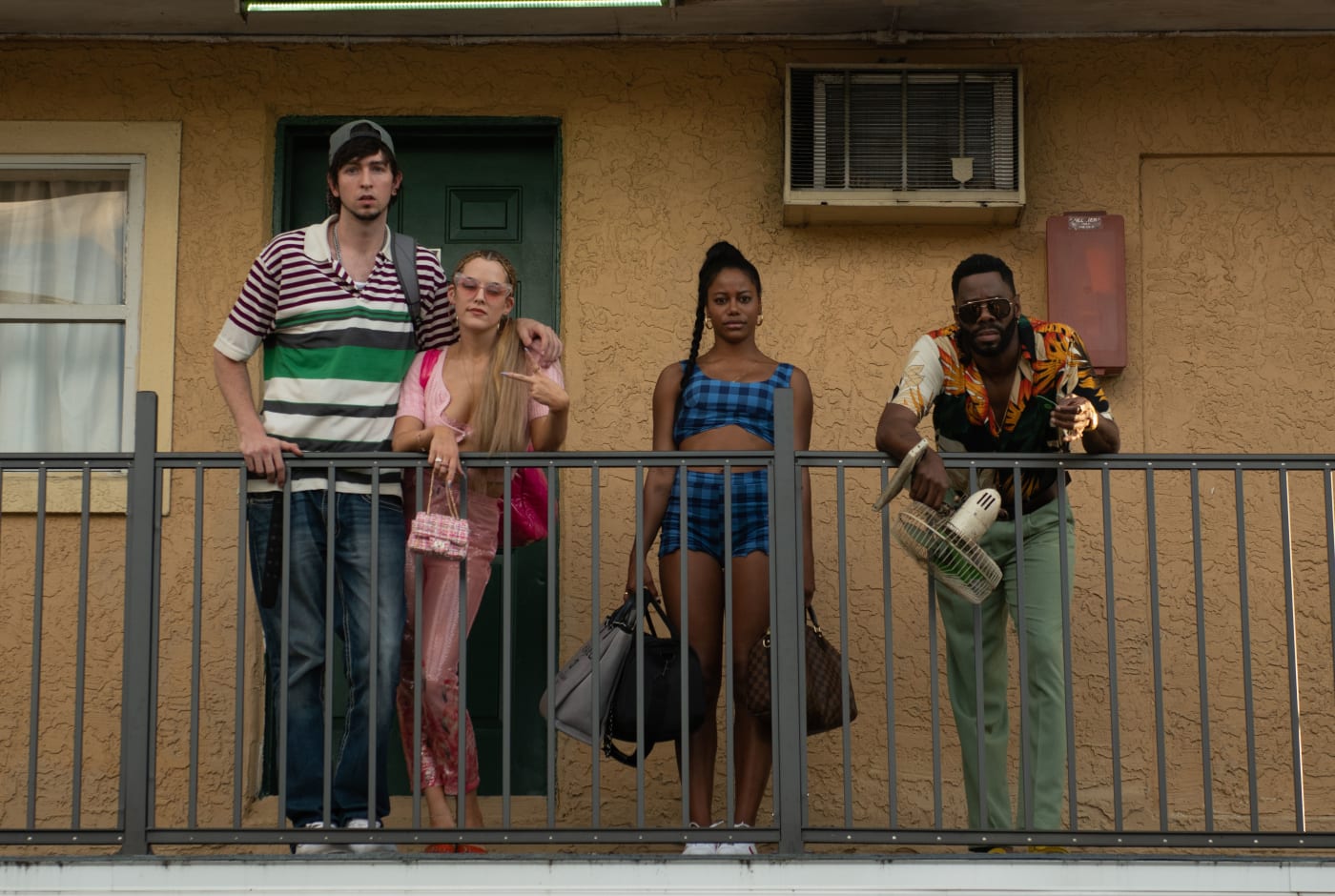
It all started with a series of tweets. In 2015, Aziah “Zola” Wells went viral after posting a 148-tweet thread about her spontaneous trip to Florida with a mysterious woman who is not-so-affectionately referred to as “this white bitch.” Readers learned that Zola, a part-time stripper, went to Florida with a young woman named Jessica expecting an opportunity to earn some money dancing. When she arrived, she was confronted by Jessica’s hot-tempered Nigerian pimp who attempted to push the ladies into prostitution.
Shortly after the tweets were published, Zola’s story was covered by Rolling Stone, which added traction to the already popular tale. This led to the eventual film adaptation starring Taylour Paige and Riley Keough. Aside from tweaks to the timeline, the screen version remains mostly true to the Twitter thread. Zola’s natural storytelling prowess meant that the adaptation didn’t need significant changes. It was entertaining enough as is.
Major changes to the story weren’t necessary, but a strong cast was. Luckily, Zola features a bevy of talented performers who bring the human qualities of the characters to life. In particular, the two leading ladies command the screen. Riley Keough’s exaggerated blaccent is appropriately offensive, while Taylour Paige’s more stoic mannerisms provide a counterbalance to the insanity.
When Twitter was introduced over a decade ago, nobody really thought of it as a way to tell intricate stories. Somehow, over a decade later, we have a movie based on a Twitter thread. More importantly, we have a great movie based on a Twitter thread. Zola is a gripping analysis of sex work and psychological manipulation. It carefully balances humor with drama, giving viewers an experience that will have them laughing one minute and shaking their heads the next.